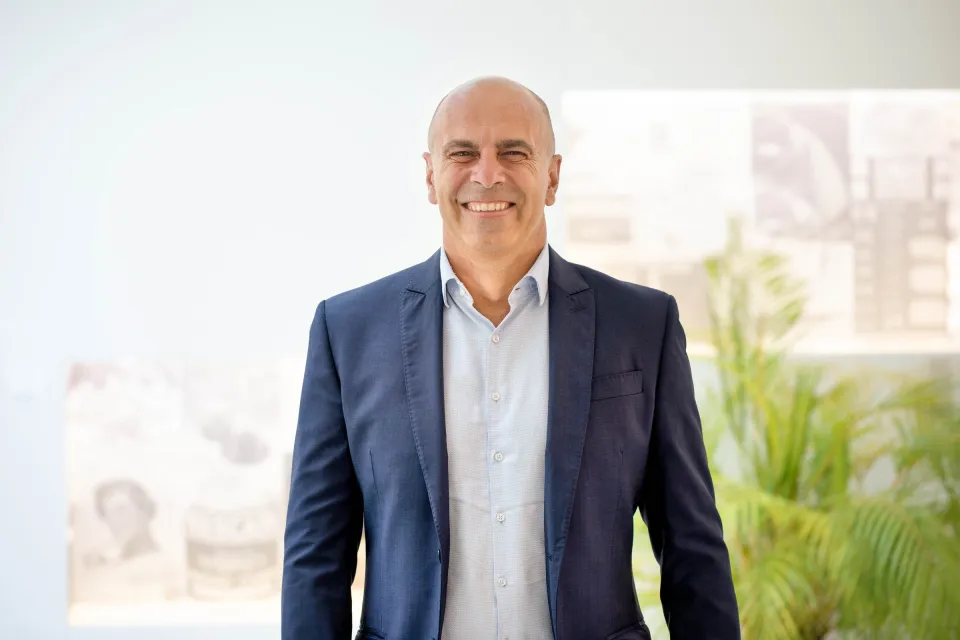
People and Business, the Possible Balance
In the space of a decade, the needs of the world of work have changed, and companies are scrambling to respond to the new needs of their employees. Giacomo Piantoni, Bocconi alumnus and HR Director for Nestlé Italy, has been on the frontlines of this transition, successfully implementing an "ecosystem" based on crucial keywords such as "trust and listening”, also placing additional responsibility on the shoulders of individual managers.
How has corporate welfare changed?
Companies know they must be positive social actors and have understood they must ensure that people be and express themselves to their fullest at work, both as individuals and as professionals. Companies’ wellbeing and people’s wellbeing are connected and interdependent. Caring for your collaborators means you’re also looking after the business.
How do we create this virtuous circle?
There must be continuous listening and an ecosystem of initiatives; sending one-off messages simply isn't enough. An inclusive work environment, participative leadership, continuous learning and organizational agility are key elements. There are clear trends regarding new employees’ needs: first and foremost, they increasingly care about physical and mental wellbeing. It's necessary to strike the right balance between time devoted to work and time dedicated to personal activities; without neglecting the fact that now work must have a deeper meaning in terms of the impact we want to have on the world. To raise greater awareness, we have activated emotional communities of practice: groups of people who lead bottom-up initiatives in areas such as Gender Balance, Disability, Youth, Culture and Leisure, which generate shared value for the individual and the company.
How do we build corporate welfare systems suited to the times?
Listening to employees and adapting your ecosystem is fundamental. To address physical and mental health issues, we have hired a doctor and collaborate with a psychologist who monitors employees' physical and mental health on a voluntary basis. We also analyze health issues by organizational unit, mapping them so we can implement prevention and awareness-raising initiatives. We work closely with department heads: studies show that line managers have a greater impact on mental health than their partners. If a manager isn't aware of the impact they have on their people's mental health, there are human and business impacts. That's why we've launched training programs to raise awareness and foster managers' emotional intelligence.
What's your vision on remote work?
We have a model based on empowerment, delegation and trust which we call 'FAB' (Flexible, Adaptable and Balanced). There's no single rule across the company, but each team decides the right mix of remote and in-person work based on the type of work they need to do. What matters is the result.
How did you notice that the world of work was changing?
You can see it from our company climate surveys, by talking to people or observing their behavior. Take new dads: they're very different from the past. Ten years ago, when parental leave for fathers was only three days by law, we launched a program offering 10 days of paid leave to new dads. It had very little success. Four years ago, we raised the bar by introducing Nestlé Baby Leave, a 100% paid leave for new parents lasting three months: there was a 98% acceptance rate. Company policy has changed, but also the allocation of roles and duties within the family household is changing.
Has this welfare ecosystem helped you attract and retain talent?
Very much so. We have low turnover rates, but when baby boomers retire, there is going to be a hemorrhage of people who will have to be replaced. Young people are increasingly scarce, and they often decide to go abroad to live and work. Having a work environment that responds to the needs of our people helps engage them and contributes to their personal fulfillment as professionals and as human beings.

